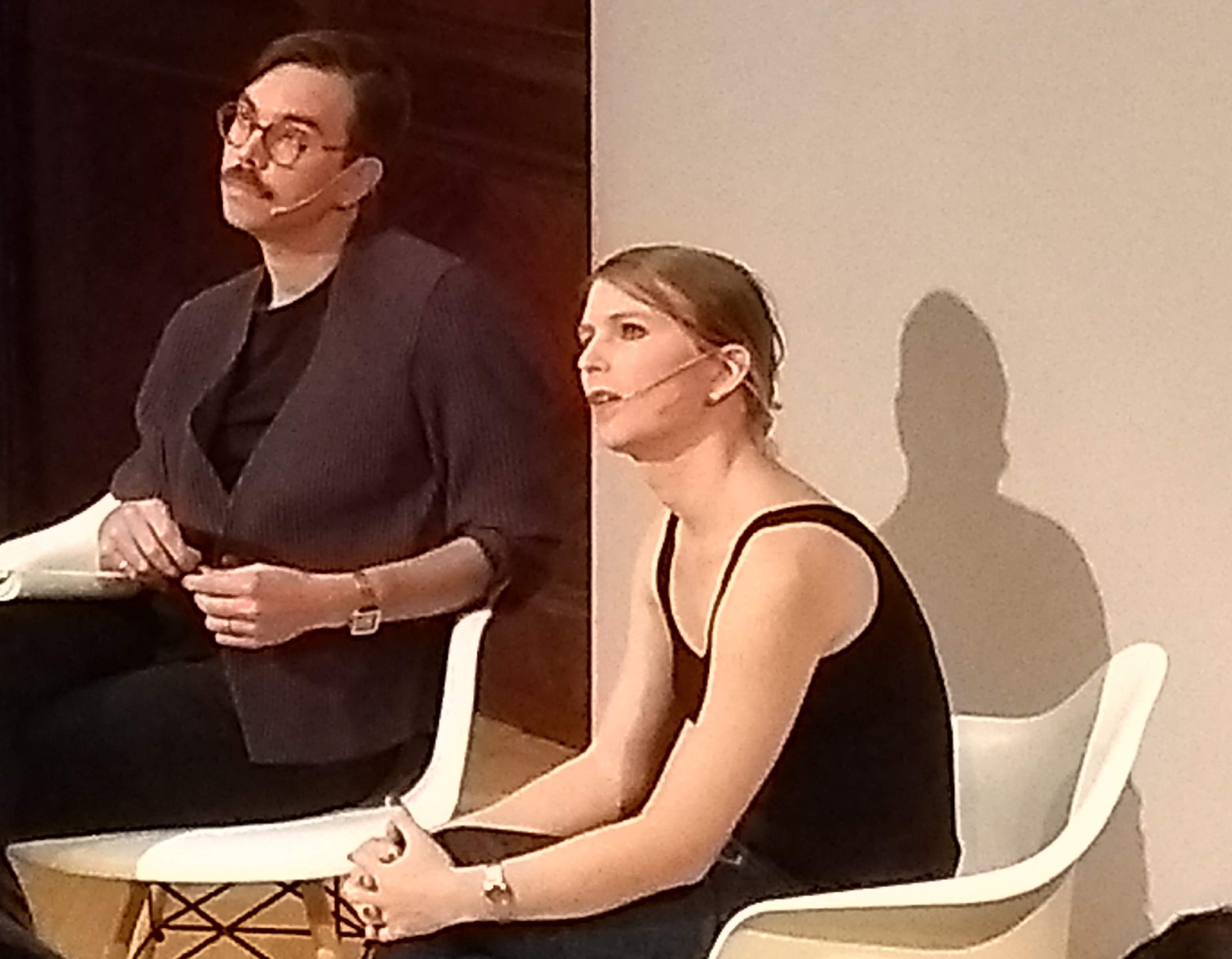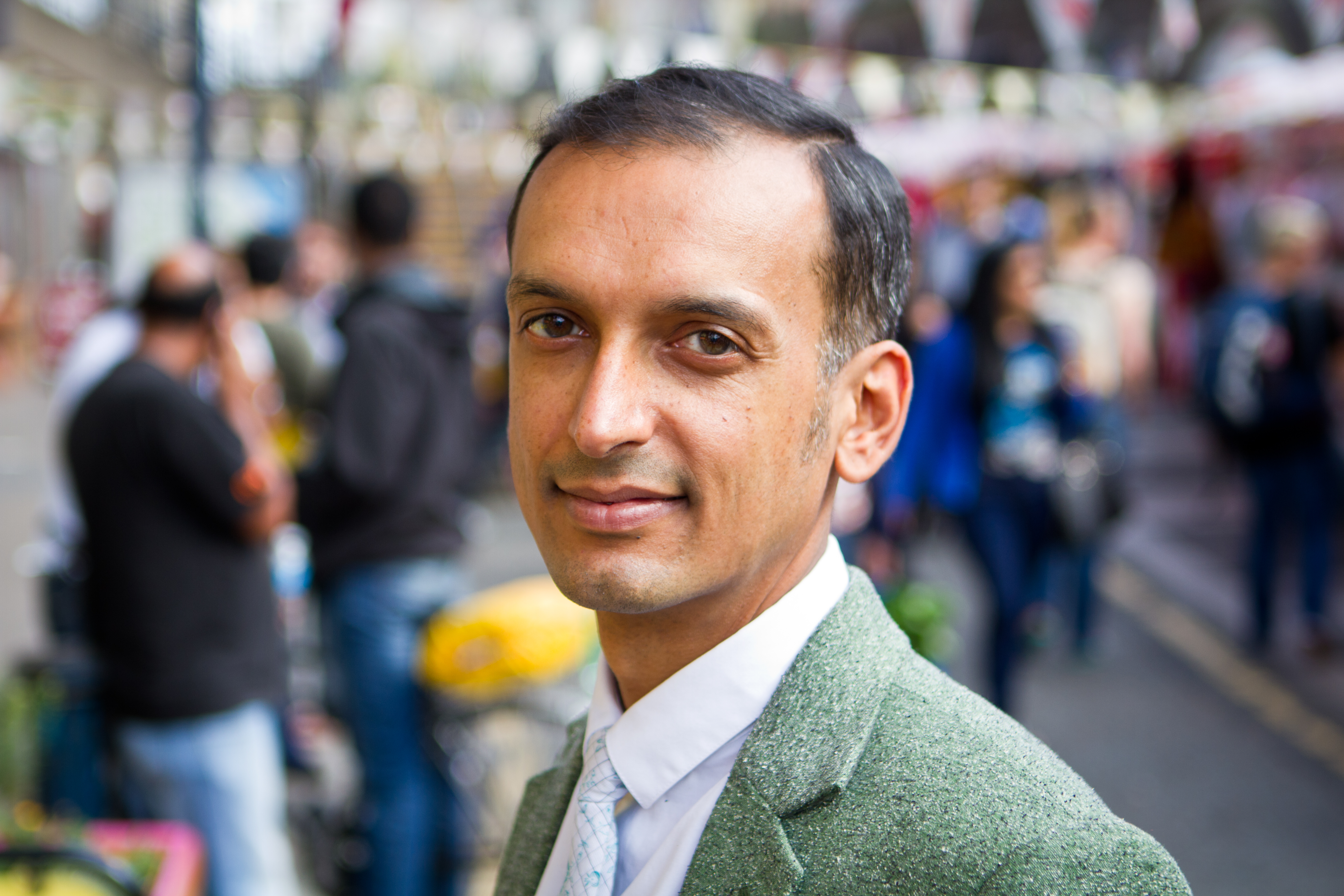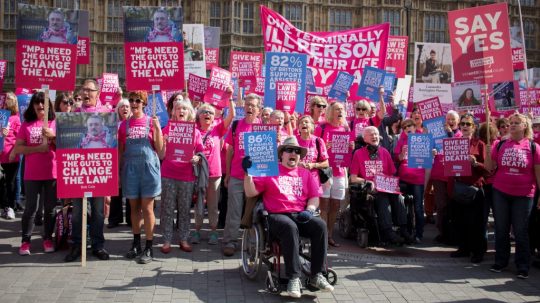In her first public appearance in the UK on Monday, whistleblower, technologist and activist Chelsea Manning engaged in a far-ranging conversation with artist and writer James Bridle at an event organised by the Institute of Contemporary Arts.
RightsInfo attended the talk at the Royal Institution in London, and heard first hand from Manning, the former US intelligence analyst, who in 2013 was sentenced to 35 years for leaking thousands of classified government documents to the WikiLeaks website, by a military court.
It was the biggest breach of classified information in America’s history and the material, comprising 700,000 documents, videos and confidential diplomatic cables, exposed human rights abuses committed by US forces in the Iraq and Afghanistan wars.
Soon after the sentencing Manning publicly identified as a trans woman and fought for her rights to medical therapy while in prison.
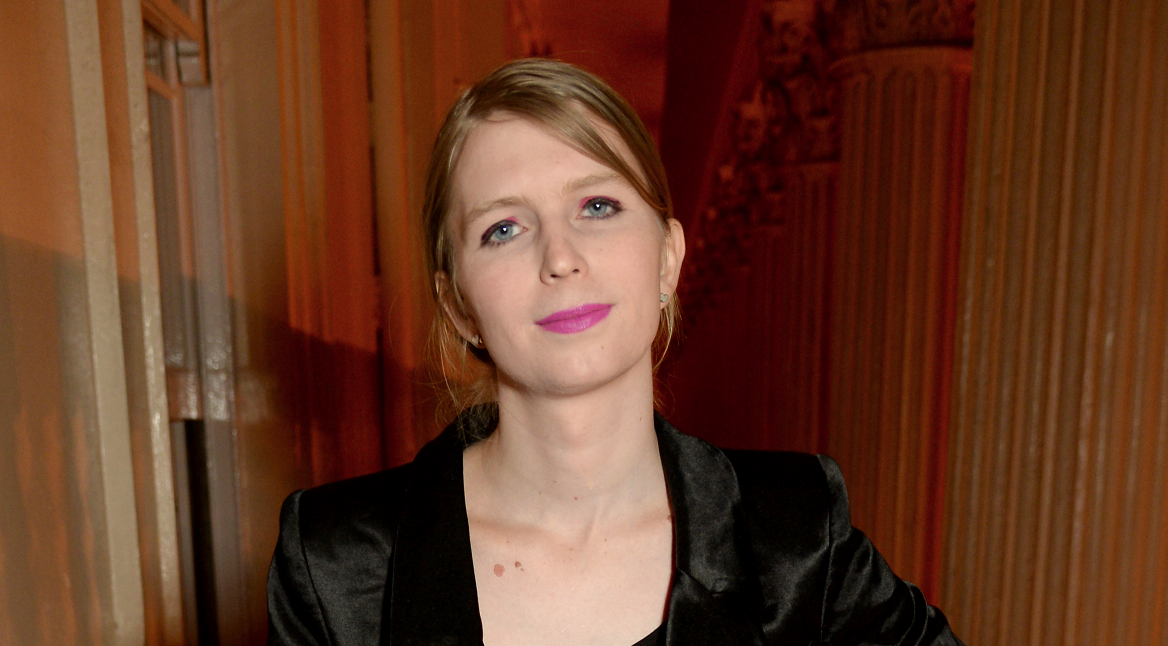
Image via Institute of Contemporary Arts
In January 2017, President Barack Obama commuted Manning’s sentence and she was released in May 2017, after being in jail for seven years, dating to her arrest in Baghdad in May 2010.
At the packed talk on Monday, a confident Manning delivered a quietly powerful message that citizens have the power to stand up for rights and should take responsibility and challenge the structures of oppression, including the police state, intelligence apparatus, authoritarianism and big tech.
She spoke most passionately about the rights of prisoners and America’s prison industrial complex. Here are some select rights-related highlights of Manning’s talk.
The Trump Administration is not Unusual
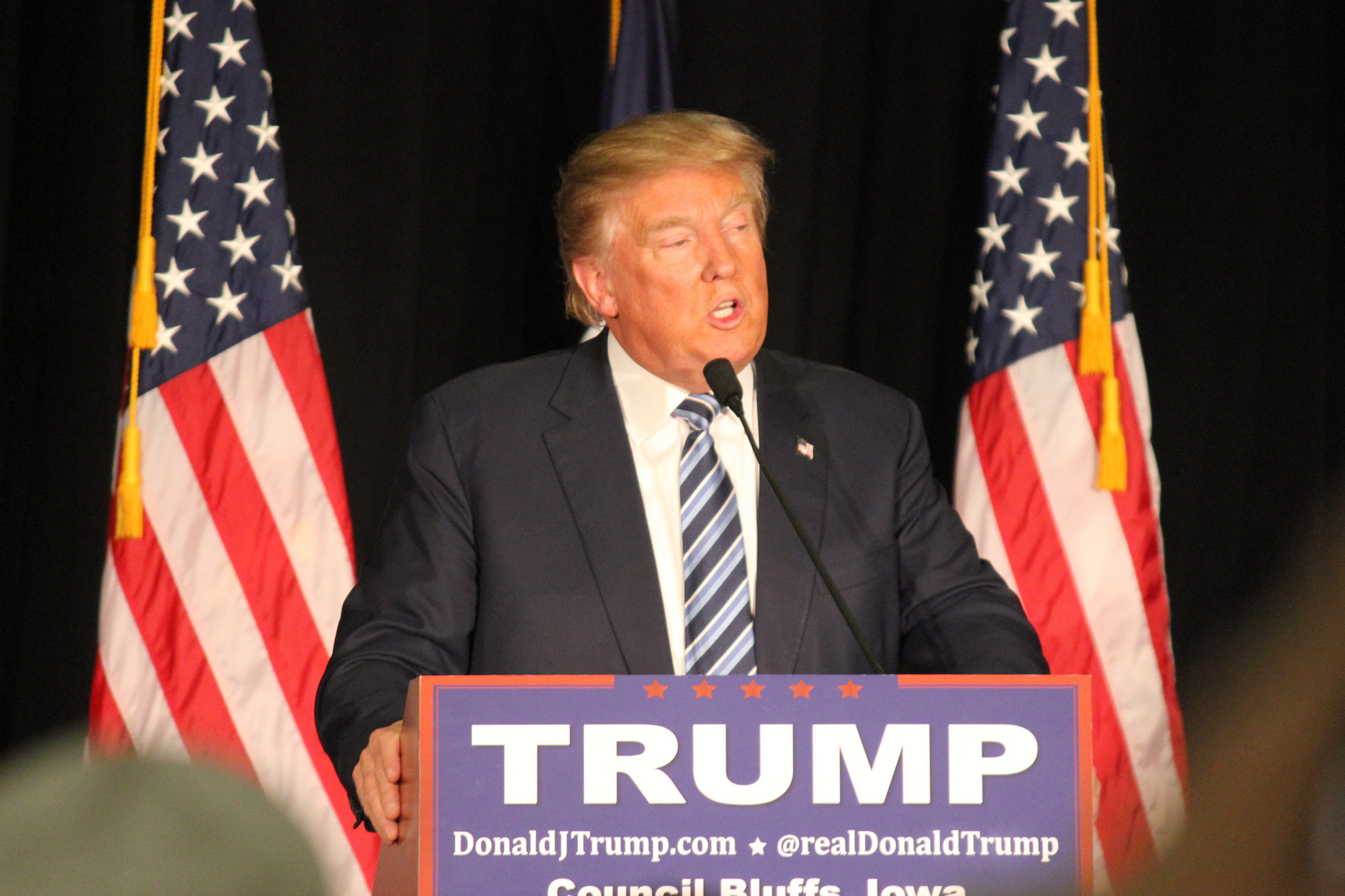 Credit: Matt Johnson Flickr
Credit: Matt Johnson Flickr
“Donald Trump is merely the result, the inevitable result of the system we have. The systemic problems, he’s the acceleration of it. We already had deportation, people being banned [from entering the country] before Donald Trump. It has become much clearer that the racial element, the religious element, the nationalist element has reallly intensified. He is the end result. It was already there.
If you walk down the street in any city in Kansas or central Michigan, you see this is what people think. This is about having someone who takes advantage and uses existing political beliefs and ramps them up, all these problems existed before.”
The United States is a ‘Prison’
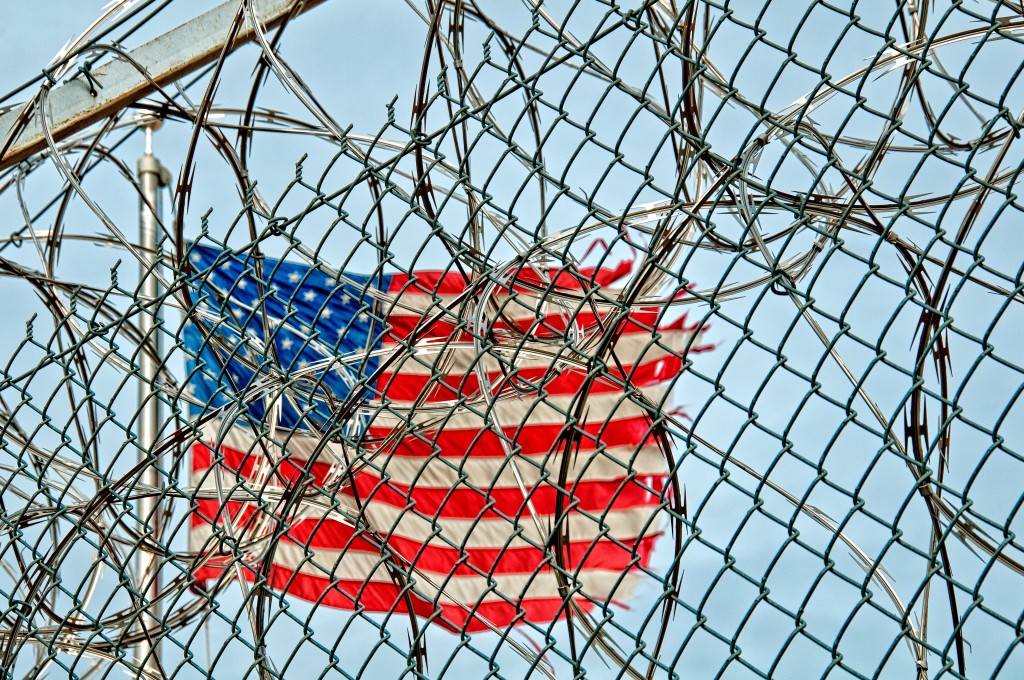
“The notion that you get out [of prison] and you’re free now, that turned out to be a downer [because] we built this large big prison, the United States, in the meantime. It was already happening but it really intensified. Surveillance systems, cameras, police presence, walls around our country – that’s very much the same things that’s inside the prison.
“I see a lot of similarities between the world out here and the world that was in there [jail].”
Activists Should ‘Move the Needle’
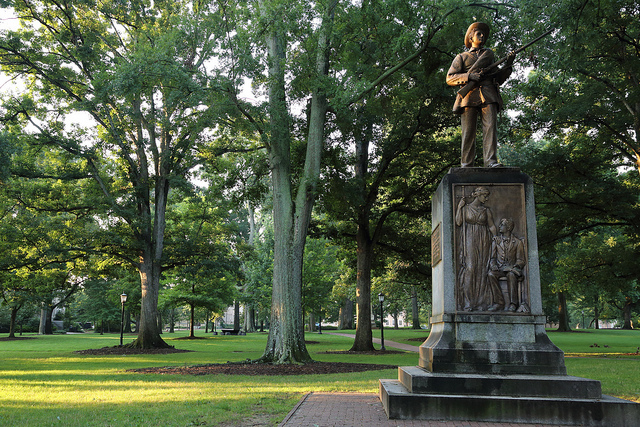 Confederate statue ‘Silent Sam’ was pulled down by activists in August 2018. Credit: Don McCullough Flickr
Confederate statue ‘Silent Sam’ was pulled down by activists in August 2018. Credit: Don McCullough Flickr
“We’re seeing a lot more risky and confrontational approaches to activism that in this time are quite valid and necessary because it shifts the debate and moves the needle. When you’re working inside a system the needle doesn’t move very much. The structure keeps you from doing that.
“It’s been a month and a half since I was in Chapel Hill, North Carolina, and watched the students and local organisers pull down a Confederate statue. After 50 years of trying to get this thing down through numerous movements and processes, they had failed to do it.”
It was one of the most inspiring things I’ve seen in my life.
“The frustration and symbolism of everything going on in America with race and police violence, and the protection of really extreme right wing views, it came to a head and it was finally pulled down. It was one of the most inspiring things I’ve seen in my life.”
Activists should ‘Work Together’
“A lot of different groups are impacted by problems made by the same people, just in different ways. Folks who are dealing with immigration in the United States have a documentation problem, trans people also have a documentation problem albeit in a different way – we have gender markers policed.
“[There is a] diaspora of different people affected in different ways by the same system. We can engage with each other and have solidarity, even though we’re not affected in the same way, we can understand that and we can work together.”
Prisoners’ Rights
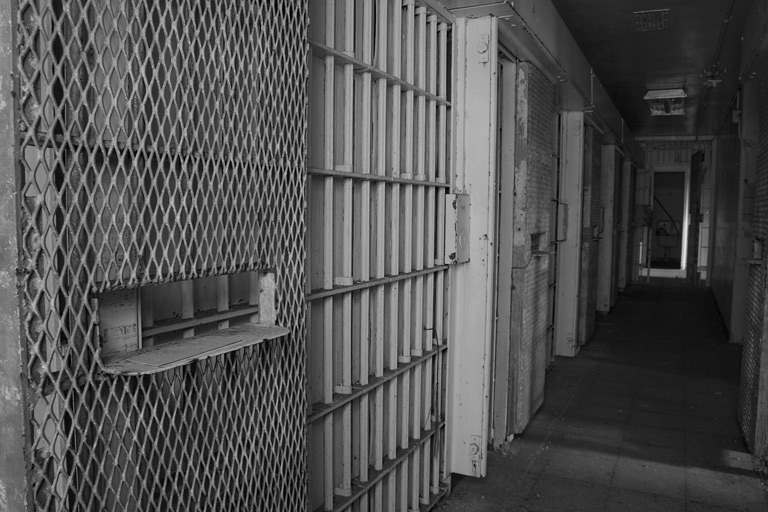 Credit: Jonathan Haeber Flickr
Credit: Jonathan Haeber Flickr
“I care so passionately about folks in prison, because they are so often forgotten about. […]
“The truth is 50,000 people in any one moment are in solitary confinement in America, the United States is 25% of the world’s prison population but only 3% of the world’s population. There is something disproportionate going on, and it’s only just starting to be talked about, and I really want to be a part of that, because I thought I was going to be in there for the rest of my life.
I never once thought when I was in there that this [prison] is really fixing it. I never saw a positive outcome in the prison system.”
the most violent people in prison are actually prison guards. That is the thing that stays with the most.
Chelsea Manning reflecting on her seven years in prison
“I went to prison and was with a lot of prisoners with really long sentences and a diaspora of different offences, and time and time and time and time again, the most violent people in prison are actually prison guards. That is the thing that stays with the most. People who are 19 or 20 years old with a badge, really abusing their authority without any checks or balances.”

